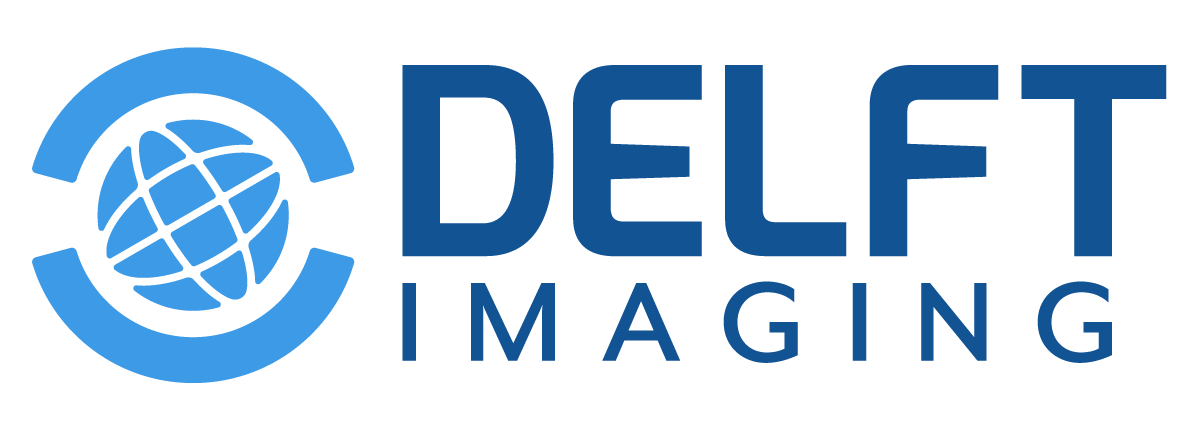Bangladesh, with a population of approximately 169.3 million, continues to face tuberculosis (TB) as a major public health challenge despite ongoing interventions. In 2021, an estimated 375,000 people developed TB, while 68,299 individuals were missed by the health system. TB-related mortality remains high, with about 43,000 deaths reported during the same year.
Bangladesh has adopted innovative solutions and strategic partnerships to address these challenges. With support from the WHO and Stop TB Partnership, we, alongside IRD, have launched early detection and treatment programs targeting underserved communities, particularly in Dhaka.
Under the project, in 2013, we partnered with ICDDR’B and installed an EasyDR digital X-ray system with CAD4TB under a sustainable pay-per-use model, which continues to operate today. A part of this fee supports the cost of the X-ray units.
In 2021, 14 Delft Lights with the CAD4TB were deployed to the Leprosy Hospital Compound under the USAID and Stop TB Partnership-supported iNTP project, with complete installation and training provided. Building on this progress, an additional 12 Delft Light systems with CAD4TB were delivered to ICDDR’B in 2023, further enhancing Bangladesh’s capacity for accurate, efficient, and early TB detection.
Making a difference
Research paper
Over the years, several papers have been published researching the various Delft solutions and its utilization in Bangladesh. A 2017 study stated that while the radiologist’s specificity was superior, CAD4TB could save Xpert tests. A study in 2020 used CAD4TB amongst tuberculosis patients in a study on the prevalence of diabetes mellitus. In 2021, a study using CAD4TB found that the artificial intelligence algorithm could reduce the number of Xpert tests required by 50% while maintaining a sensitivity above 90%. Another study in 2022 proved that CAD4TB surpassed the human radiologists’ performance with improved triage ability compared to the older version.
Stop TB Partnership released a report in 2024 on implementing our solutions in Bangladesh as part of the iNTP project aimed at improving TB detection. Delft Light and CAD4TB have been integrated into national TB control programs, facilitating better TB detection in remote areas by providing accessible and accurate X-ray interpretations. The initiative has led to screening over 32,689 individuals, diagnosing 1452 people with TB, and improving treatment access and outcomes in the country.
In the same year, the Stop TB Partnership’s Board Report elaborated on the impact of our solutions, particularly on how optimizing CAD4TB’s connectivity strengthens healthcare infrastructure. “Connectivity – Diagnostics connectivity solutions were introduced and strengthened using a variety Ethiopia’s network of GeneXperts is now connected to the LabXpert software. Stop TB supported the adoption of LabXpert under the USAID-funded introducing New Tools Project (iNTP). Use of 99DOTS in Bangladesh (source: icddr,b) of technologies in five countries, including MedX LabXpert, SystemOne Aspect and a domestically developed solution Tibulims. Dashboards connected data from GeneXpert, Truenat and CAD4TB systems, allowing for real-time nationwide monitoring of instrument performance and rapid transfer of results, and facilitating earlier treatment of people with TB and DR-TB.
Case studies
In 2023, the National TB Control Program’s deployment of ultra-portable chest X-rays with AI in the Rajshahi division has significantly improved TB detection, particularly benefiting remote areas and aiding TB Preventive Therapy (TPT) rollout. This approach showcases the potential of AI-enhanced X-rays in identifying TB cases early, optimizing resources, and advancing equitable healthcare access. Learn how this technology is pivotal in the fight against TB. You can read the full case study “Improving TB case detection in remote areas with Delft Light & CAD4TB” on our website.
Press coverage
In 2023, Channel24, one of Bangladesh’s most popular television channels, highlighted the role of portable X-ray technology and AI in advancing the country’s vision for a “Digital Bangladesh.” The report, filmed in Natore during a TB screening day, featured a radiographer who noted: “An important feature of this machine (CAD4TB) is that it uses AI to easily identify possible tuberculosis patients. People who live with TB patients are also being screened, and we are starting treatment very quickly.” Since the start of 2023, 2,254 people have been screened using our solutions, leading to the detection of 98 TB cases.
In a 2024 Devex special edition, Bangladesh emphasizes the role of CAD4TB and the Delft Light in transforming tuberculosis detection. With our solutions, icddr,b has been able to screen over 32,000 individuals and identified more than 1,450 TB cases. These innovations strengthen diagnostic accuracy and accessibility in pediatric care, significantly improving treatment outcomes in vulnerable communities.
Same year, Channel24 highlights the impact of portable X-ray technology in improving TB detection in rural Bangladesh. With increased access to early screening, more cases are being identified and treated, helping to strengthen TB control efforts.






